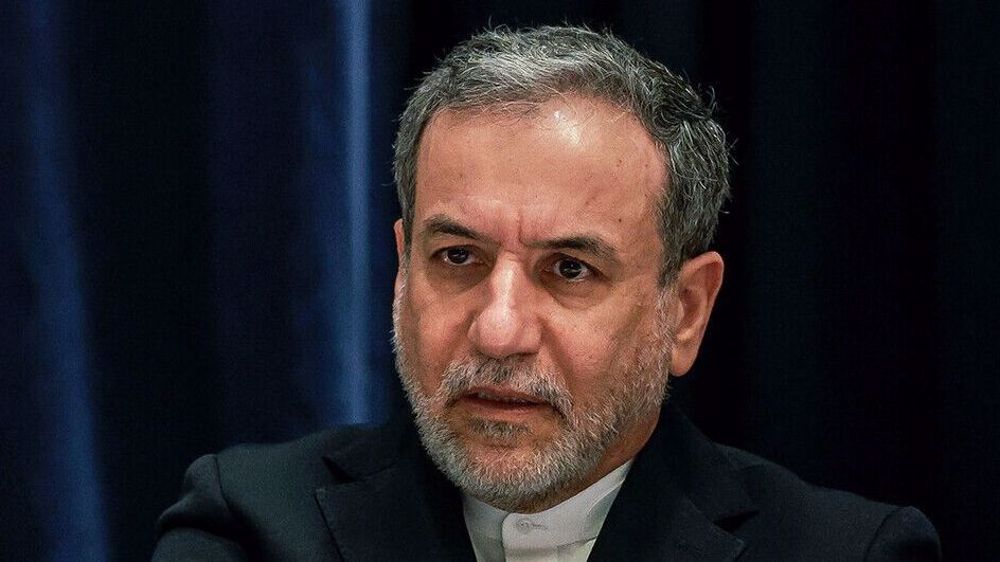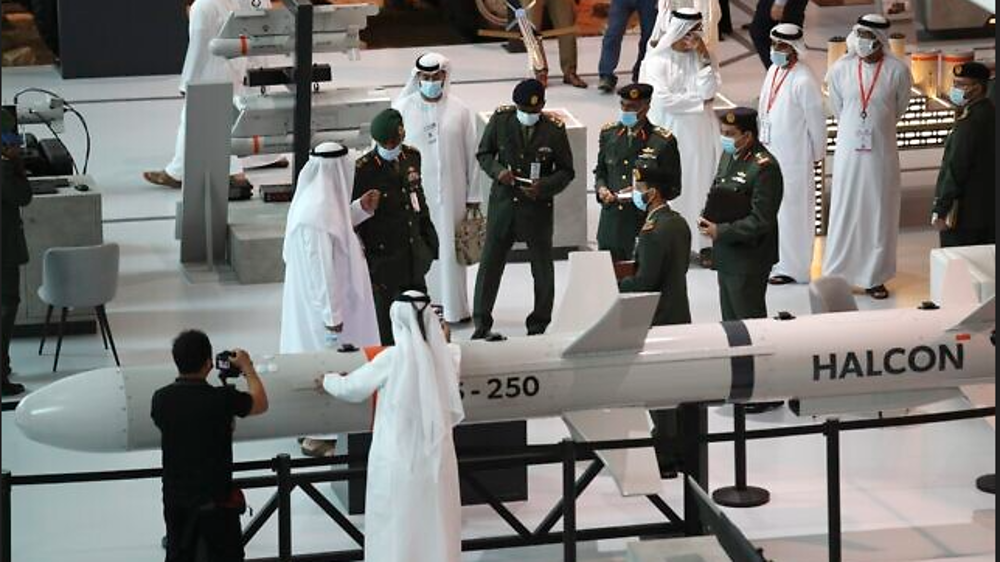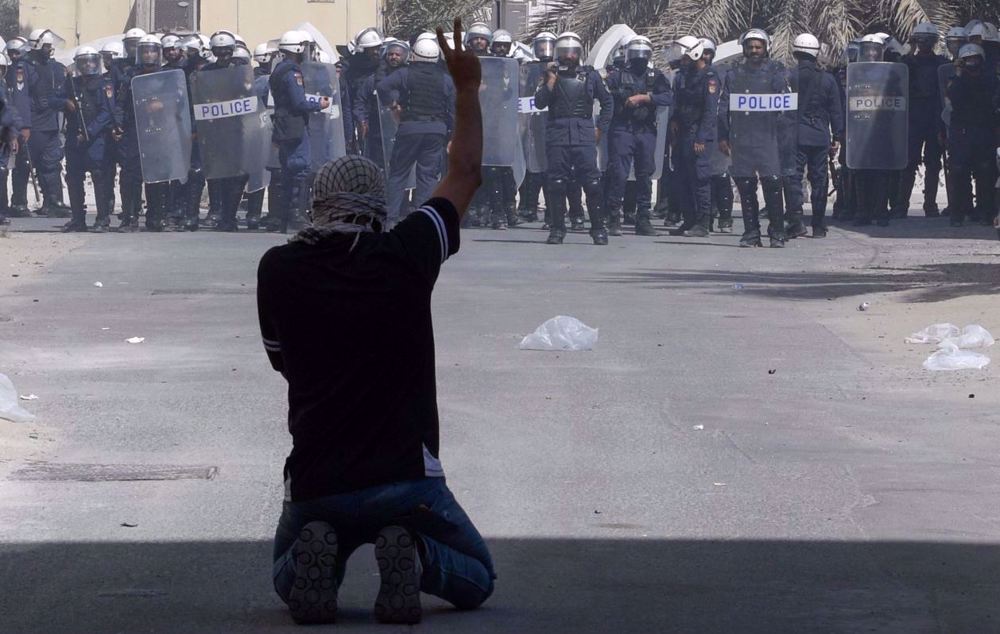Qatar bans four Arab states’ goods in retaliation for blockade
Qatar’s Ministry of Economy and Commerce has prohibited the sale of products made in the Arab states of a Saudi-led quartet that has imposed embargoes against the country since last June.
The ministry on Saturday called on all the shops across the country to remove all the products made in the four countries from their shelves.
In June 2017, Saudi Arabia, the United Arab Emirates, Bahrain, and Egypt severed diplomatic relations with Qatar, in a scheme generally believed to have been orchestrated by Riyadh. The four countries accused Qatar of sponsoring “terrorism” and destabilizing the region, an allegation strongly denied by Doha.
Several African countries have also broken ties with Qatar in support for the Saudi-led quartet.
The Saudi-led quartet presented Qatar with a list of demands and gave it an ultimatum to comply or face consequences. The demands included closing the Doha-based Al Jazeera broadcaster, removing Turkish troops from Qatar’s soil, scaling back ties with Iran, and ending relations with Egypt’s Muslim Brotherhood movement.
The quartet also imposed sanctions against Doha, including restrictions on Qatari aircraft using the airspace of the four countries. To further pressure Qatar, Saudi Arabia totally closed its land border with its tiny neighbor, through which much of Qatar’s food supply crossed.
Qatar, however, refused to yield and denounced the demands as unreasonable, saying its sovereignty had been attacked. In return, the four boycotting countries vowed to impose further sanctions.
Following the embargo, both Iran and Turkey opened up their airspace and trade routes for Qatar and supplied food and other necessary items to the Arab country.
The International Monetary Fund (IMF) reported in March that the economic impacts of the Saudi-led blockade against Qatar were fading, dashing Saudi hopes that the siege would force Doha into submission on matters of foreign policy.
According to an investigative report released by the Associated Press on Monday, a top fundraiser for US President Donald Trump and his business partner had been prompting anti-Qatar policies at the highest levels of the US government over the past one and a half year in return for lucrative business favors from the crown princes of Saudi Arabia and the UAE.
Trump’s fundraiser Elliott Broidy and Lebanese-American businessman George Nader spent a year, cultivating links with Saudi Crown Prince Mohammed bin Salman and UAE Crown Prince Sheikh Mohammed bin Zayed Al Nahyan who were seeking to change US foreign policy with regard to their archrival Qatar.
Broidy and Nader spearheaded their secret campaign to influence the White House and Congress and championed the anti-Qatar policy of the Persian Gulf monarchies that eventually led to the blockade of the tiny nation.
Nov. 4: ‘Axis of Resistance’ operations against Israeli occupation
Britons demand release of pro-Palestine activists
VIDEO | Israel's unwinnable war in Lebanon
Non-aligned nations condemn Israeli violation of Iran's sovereignty
IRGC: 10 foreign-backed terrorists killed, arrested in Sistan and Baluchestan
Iran calls on EU to end targeting ordinary Iranians after missile transfer claims refuted
UK police detain Jewish scholar Haim Bresheeth following pro-Palestine address
VIDEO | Iraqi resistance strikes key Israeli targets in occupied territories














 This makes it easy to access the Press TV website
This makes it easy to access the Press TV website